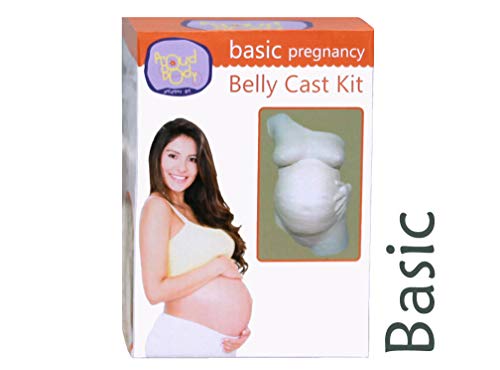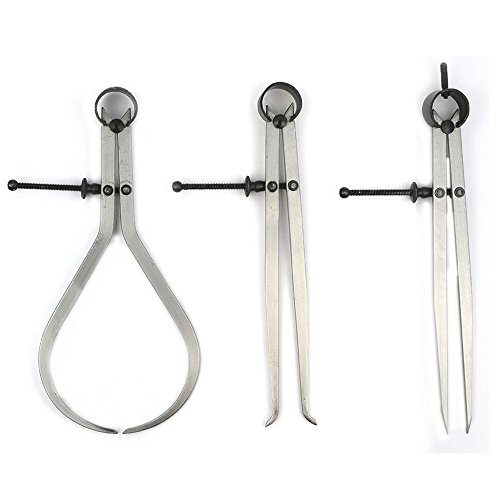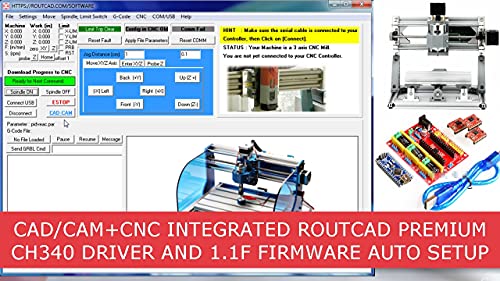You are using an out of date browser. It may not display this or other websites correctly.
You should upgrade or use an alternative browser.
You should upgrade or use an alternative browser.
Citric Acid
- Thread starter Marsh
- Start date

Help Support Home Model Engine Machinist Forum:
This site may earn a commission from merchant affiliate
links, including eBay, Amazon, and others.
Swifty
Well-Known Member
I just use it cold, and have no idea of the percentage, I just mix some up so it works. The main problem with brass is that it will leave copper patches on it if left too long. Maybe I'm doing it all wrong, I would also like to know what others are doing.
Paul.
Paul.
Dave Sohlstrom
Member
- Joined
- Oct 4, 2008
- Messages
- 195
- Reaction score
- 27
I use it hot and have no idea what the concentration is. Works good but parts need a rinse in fresh water after.
Dave
Dave
Marsh,
I use warm water, adding the citric acid crystals whilst stirring until no more crystals will dissolve in the solution.
Use it until the cleaning action gets really slow. I have some mixed in my shop that is over a year old and it is a filthy colour, but it is still working.
You should find that you can leave components in the solution for ages without any damage being caused. I have had some forgotten in the bottom of my tank for months, and they came out perfect.
It won't burn your hands or make you glow in the dark, or any other wives tales, just take normal precautions as when handling any metal bearing solutions, thin rubber gloves are ideal, followed by a good washing in clean water, in fact, when newly mixed, add a bit of sugar and feed it to the mother in law as lemonade.
I have found the best thing to remove the copper "staining" that usually appears when silver soldered parts are pickled is to use a brass wire brush in my Dremel.
Hope this helps
John
I use warm water, adding the citric acid crystals whilst stirring until no more crystals will dissolve in the solution.
Use it until the cleaning action gets really slow. I have some mixed in my shop that is over a year old and it is a filthy colour, but it is still working.
You should find that you can leave components in the solution for ages without any damage being caused. I have had some forgotten in the bottom of my tank for months, and they came out perfect.
It won't burn your hands or make you glow in the dark, or any other wives tales, just take normal precautions as when handling any metal bearing solutions, thin rubber gloves are ideal, followed by a good washing in clean water, in fact, when newly mixed, add a bit of sugar and feed it to the mother in law as lemonade.
I have found the best thing to remove the copper "staining" that usually appears when silver soldered parts are pickled is to use a brass wire brush in my Dremel.
Hope this helps
John
Update to an old post. Citric acid is a marvelous descaler. A ready source at the grocery is "Lemi shine". In the dish detergent aisle. Acids strip tin and such from brass and bronze, so limit your solution to a PH Of no less then 4. It will take a little longer but still does a great job. Litmus test paper will check that for you.
Have fun, be safe!
Have fun, be safe!

$99.99
$109.99
AmTech300 - Boiler Treatment Professional Strength (Rust Inhibitor For Outdoor Wood Boilers)
Alternative Heating & Supplies

$39.99
$49.99
Sunnytech Low Temperature Stirling Engine Motor Steam Heat Education Model Toy Kit For mechanical skills (LT001)
stirlingtechonline

$104.99
Sunnytech Hot Air Stirling Engine Motor Steam Heat Education Model Toy Kit M16-CF
stirlingtechonline

$45.99
Sunnytech Mini Hot Air Stirling Engine Motor Model Educational Toy Kits Electricity HA001
stirlingtechonline

$13.99
$24.95
Building an Affordable House: Trade Secrets to High-Value, Low-Cost Construction
Amazon.com

$156.90 ($1.40 / oz)
Replacement Combustion Chamber Kit, Burnham V8 and V8H, 1-6 Sec, 108136-01, 1129
Lynn Manufacturing

$403.09
DM14 Engine Build Kit, Metal Engine Build Model Great Metal Material for Engineer for Factory
Easoger Official

$94.99
$109.99
AHS Woodmaster 4400 Maintenance Kit for Outdoor Wood Boiler Treatment
Alternative Heating & Supplies

$190.00
$254.99
Genmitsu CNC 3018-PRO Router Kit GRBL Control 3 Axis Plastic Acrylic PCB PVC Wood Carving Milling Engraving Machine, XYZ Working Area 300x180x45mm
SainSmart Official

$15.99 ($0.05 / Count)
$18.99 ($0.06 / Count)
HongWay 300pcs 2 Inches Sanding Discs Pad Kit for Drill Sanding Grinder Rotary Tools with Backer Plate Shank and Soft Foam Buffering Pad, Sandpapers Includes 60-3000 Grit
HongWay US

$188.98
TM NEXDYNAMI RE41157 Water Pump Compatible With/Replacement For/John Deere 6200 7400 6300 6600 6500 6400 7220 7600 7200 RE41157
VIVID MARKET CORPORATION

$649.00
$699.00
FoxAlien Masuter Pro CNC Router Machine, Upgraded 3-Axis Engraving All-Metal Milling Machine for Wood Acrylic MDF Nylon Carving Cutting
FoxAlien Official
Litmus paper does not indicate pH , it will show acid or alkali , for pH you would need to use an indicator paper or drops . Citric acid will not strip tin from brass or bronze , but why would there be any tin there ?
A strong alkali such as caustic soda is far more effective at removing tin or lead coatings (if there was any).
A strong alkali such as caustic soda is far more effective at removing tin or lead coatings (if there was any).
Nick Hulme
Well-Known Member
- Joined
- Oct 6, 2008
- Messages
- 338
- Reaction score
- 84
Citric acid will not strip tin from brass or bronze , but why would there be any tin there ?
Because of the basic elements in almost any Bronze alloy, Copper and Tin?
Edit -
They don't mean strip a surface coating, they mean strip it out of the alloy itself.



















































